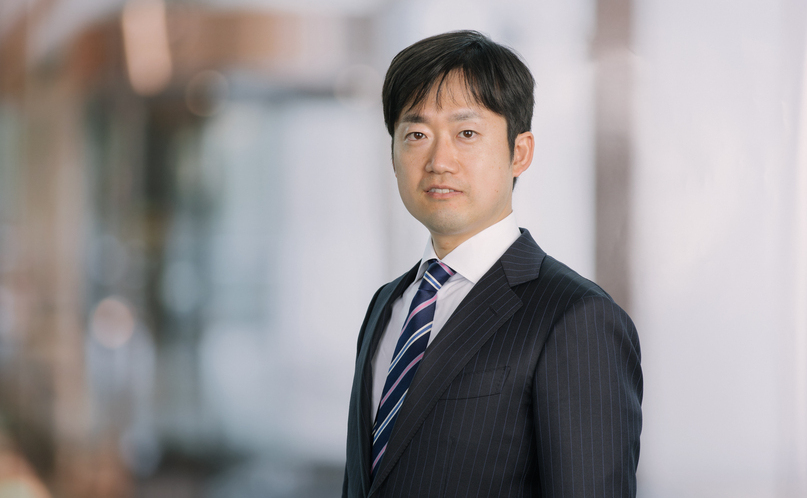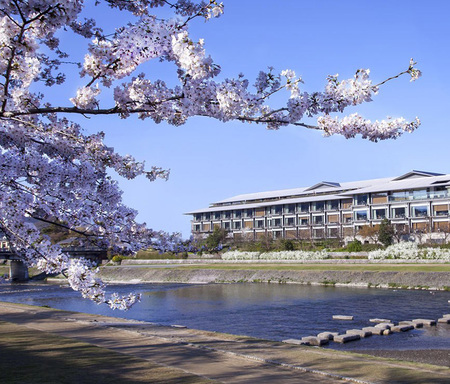
Japan’s stability will prove attractive in 2023
Japan has not escaped the fallout from these events such as Pandemic and War, however, the outlook for Japanese real estate is strong and stable going forward.
The past year has been one of dramatic upheaval, with war in Ukraine and rising post-pandemic inflation affecting economies across the world.
Japan has not escaped the fallout from these events, however it has been an oasis of stability and this has attracted overseas capital. Foreign investment in Japanese real estate in the first three quarters of 2022 rose 11% to $8.1 billion, according to MSCI data.
Looking ahead, we expect foreign investment to continue, thanks to a substantial positive spread between finance costs and property yields and to the weak Yen, making Japan particularly attractive to US dollar investors.
The in-demand sectors will largely remain the same: multifamily residential and logistics. In uncertain times, the stable cashflow from multifamily is highly prized by investors and rents have almost recovered to pre-pandemic levels. After a busy, 2022, 2023 is likely to see more activity. The success of multifamily residential seems to be attracting investment to a wider range of “living” sectors, including student housing and healthcare facilities.
Sharp pricing and substantial supply mean the outlook for the logistics sector is somewhat less rosy, especially as the sector’s tenants are themselves under pricing pressure. Nonetheless, specialist logistics real estate platforms continue to invest heavily in Japan.
More opportunistic investors have begun to target the hotels sector, which was under pressure during the pandemic, when overseas tourism dried up completely and domestic travel diminished. Now domestic tourism is back to normal levels and the number of foreign visitors is rising sharply the market looks set for recovery. There has been some distance between the price aspirations of buyers and sellers but a solid recovery will shrink this gap and lead to more transactions in 2023.
There may also be opportunities in the office sector, which has stabilised as occupiers have adjusted to more flexible working conditions. However, the price gap between well-located and poorly located offices has increased, which could lead to opportunities, especially if buyers can improve a building’s sustainability credentials, something of increasing importance to occupiers and institutional investors.
Japan is not immune to inflation. If global interest rates continue to increase, and the depreciation of the Yen continues, the Bank of Japan is more likely to tighten its monetary policy. This is likely to come towards or after April, when the bank gets a new governor.
While we expect a rise in interest rates after this, it is likely to be moderate because inflation remains low. Furthermore, if US inflation moderates and interest rate hikes slow, there will be less pressure on the Yen and fewer reasons for Japan to raise rates.
Even if Japan itself is insulated against the direct effects of geopolitical turbulence elsewhere in the world, it is not immune to the effects of a global economic slowdown, especially when that impacts its trading partners.
Overall, however, the outlook for Japanese real estate is strong and stable going forward.
Further reading:
Savills Japan research
Contact Us:
Tetsuya Kaneko



